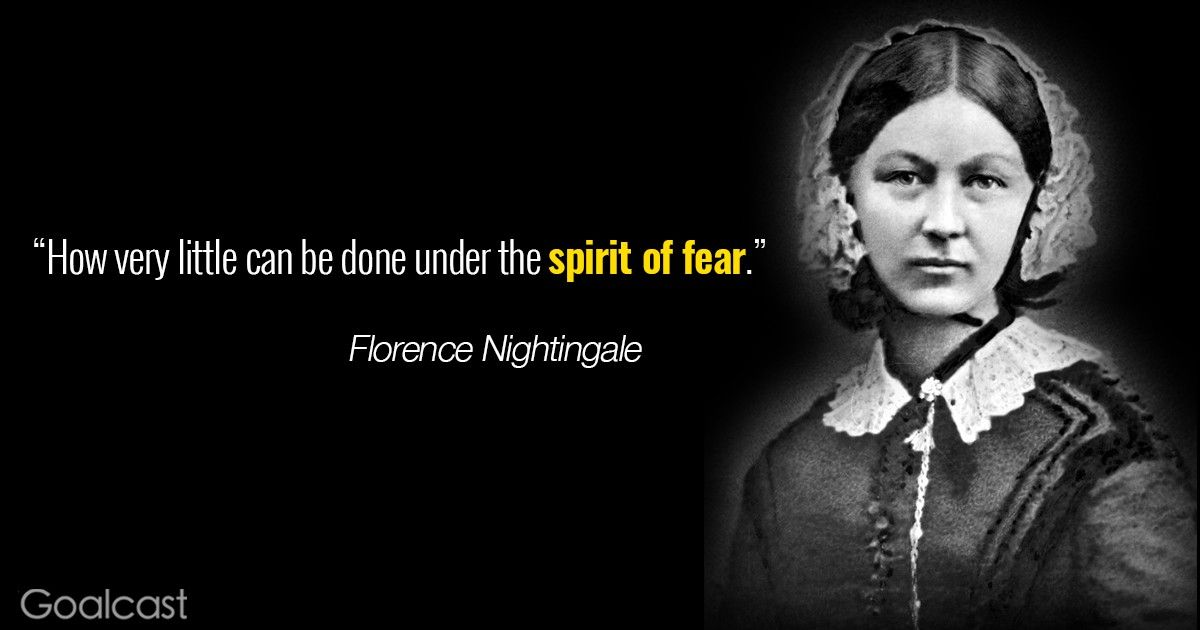Florence Nightingale Quotes

Florence Nightingale The martyr sacrifices themselves entirely in vain. Or rather not in vain; for they make the selfish more selfish, the lazy more lazy, the narrow narrower.
“It is often thought that medicine is the curative process. It is no such thing; medicine is the surgery of functions, as surgery proper is that of limbs and organs.
Neither can do anything but remove obstructions; neither can cure; nature alone cures. Surgery removes the bullet out of the limb, which is an obstruction to cure, but nature heals the wound.
Click 'Yes' to confirm the uninstallation.How do I uninstall Euro Truck Simulator in Windows XP?. Click on 'Control Panel'. Select 'Euro Truck Simulator' and right click, then select Uninstall/Change. Click 'Start'. Under Programs click the Uninstall a Program link. Euro truck driver.
So it is with medicine; the function of an organ becomes obstructed; medicine so far as we know, assists nature to remove the obstruction, but does nothing more. And what nursing has to do in either case, is to put the patient in the best condition for nature to act upon him.”―Florence Nightingale. “If a nurse declines to do these kinds of things for her patient, 'because it is not her business,' I should say that nursing was not her calling. I have seen surgical 'sisters,' women whose hands were worth to them two or three guineas a-week, down upon their knees scouring a room or hut, because they thought it otherwise not fit for their patients to go into. I am far from wishing nurses to scour. It is a waste of power. But I do say that these women had the true nurse-calling—the good of their sick first, and second only the consideration what it was their 'place' to do—and that women who wait for the housemaid to do this, or for the charwoman to do that, when their patients are suffering, have not the making of a nurse in them.”―Florence Nightingale.
“You do not want the effect of your good things to be, 'How wonderful for a woman!' Nor would you be deterred from good things, by hearing it said, 'Yes, but she ought not to have done this, because it is not suitable for a woman.' But you want to do the thing that is good, whether it is 'suitable for a woman' or not.It does not make a thing good, that it is remarkable that a woman should have been able to do it. Neither does it make a thing bad, which would have been good had a man done it, that it has been done by a woman.Oh, leave these jargons, and go your way straight to God's work, in simplicity and singleness of heart.”―Florence Nightingale,//.